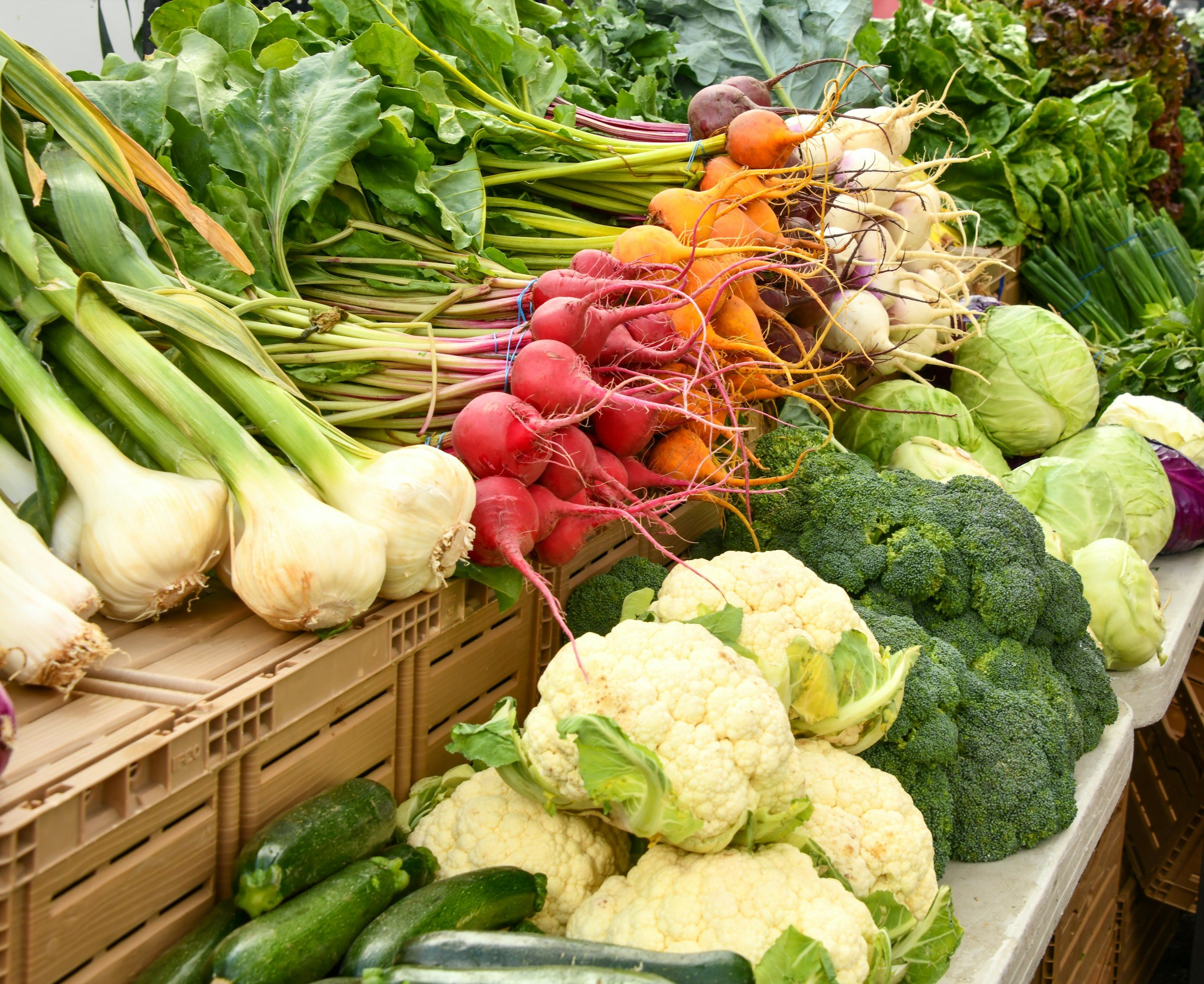Eating Disorder Challenges During the Holidays
August 4, 2020
Eating Disorder Challenges During the Holidays
Holidays can often be a challenging time for individuals in recovery from eating disorders. Many holidays in the upcoming months revolve around food, which can be triggering for people in all stages of the recovery process. This includes but is not limited to people in Residential Programs, Partial Hospitalization Programs (PHP), Intensive Outpatient Programs (IOP), group, or individual therapy. Whether you or a loved one is struggling with an eating disorder this holiday season, here are some challenges to be aware of and strategies that can help make this time of the year less stressful.
Unstructured meals – Individuals in the recovery process often have structured eating schedules, which usually consist of scheduled meals and snack times throughout the day. During the holidays, a less structured and prolonged eating schedule can cause concern and apprehension. A strategy that can help reduce anxiety during the holiday season includes:
Making a plan – Finding out when the host plans to serve food can help you or a loved one schedule meal and snack times to prevent anxiety and stress related to skipping meals and/or binge eating episodes.
Unwelcomed Questions – For individuals with eating disorders meals can sometimes look or be prepared differently, which can prompt questions from friends and relatives. For example, an individual using the Maudsley Method, family-based treatment for eating disorders, might have a caretaker plate their food and supervise their meal. Additionally, other individuals with eating disorders who use an exchange method might need to measure their servings. As a result, well-meaning family members and friends can ask questions that make the individual uncomfortable, cause anxiety, or force disclosure. Strategies to handle unwelcomed and awkward questions can include:
Getting ahead of the questions – Reach out to loved ones before the gathering to ask them to respect you or the individual’s privacy and boundaries.
Rehearsing a response to questions – Rehearsing what you or a loved one wants to say in response to intrusive questions can prevent feeling put on the spot and disclosing privileged information.
For family members, try not to make comments about food intake, body shape or size. It is impossible to know what is going on in a persons life and asking these questions or making comments could be very triggering. Instead try focusing on more interesting things and asking them about those deeper things.
“Fear Foods” – “Fear foods” can be defined as a category or a specific type of food that causes anxiety and stress in an individual with an eating disorder. During the holidays the appearance of “fear foods” on the table can be distressing and intimidating. While we can’t avoid “fear foods”, a strategy that can help reduce anxiety during the holiday season includes:
Discussing the menu ahead of time – Knowing ahead of time if “fear food” will be present can allow you or a loved one to prepare in various ways, such as discussing the “fear” food in therapy before the celebration, or utilizing coping mechanisms like mindfulness, positive affirmations, and social support.
Know your boundaries. Before the holidays come around, speak with your care team to discuss what is safe for you this season. This is a conversation that can help prepare you and give you the tools you need to navigate the holidays in your place of recovery. Feel empowered to make choices that work for you and keep your boundaries strong.
Hopefully these tips allow you to have the best holiday season and feel strong in your recovery. Remember this is meant to be a time of joy! As always, if you need any support or help we are here offering in person and virtual sessions in NYC. Please email us with any questions or inquiries at hello@thropetherapy.com




